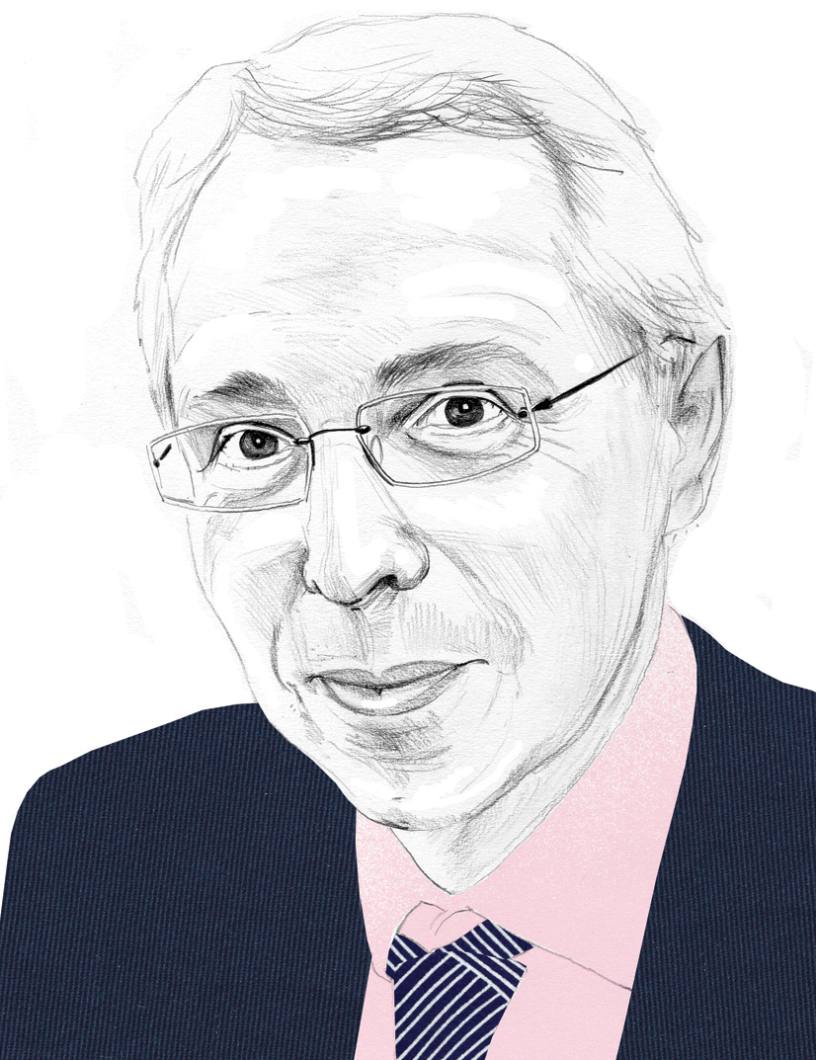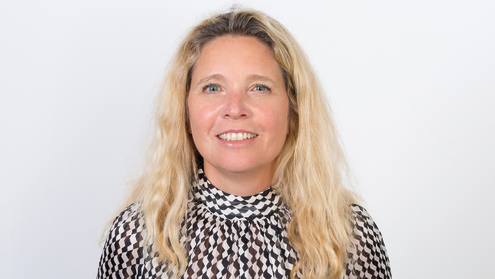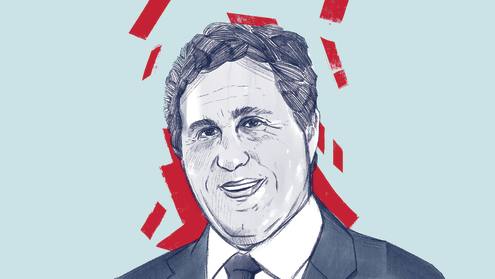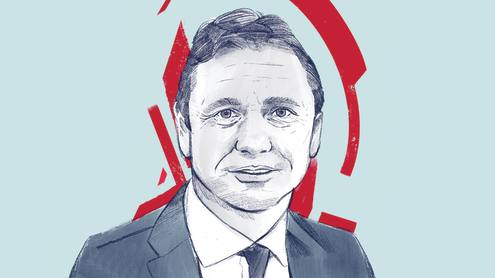Gradually emerging from the global economic and financial crisis, European economies began showing positive signs of recovery over the course of 2015, with more widely shared economic growth. Just as the effects of this welcome development on the labour market were being felt, Europe found itself confronted with another serious challenge: the migrant and refugee crisis.
With conflicts in the Middle East and north Africa intensifying, recent months have seen a surge in the wave of migrants into Europe, at levels not seen for a long time. The shocking photos published, of migrants drowning trying to enter EU territory, highlighted the seriousness of the problem and spurred decision-makers into action.
European countries, both individually and collectively, are stepping up their efforts to face up to the situation. But is enough being done and in the right direction?
A complex issue
The sheer number of underlying parameters and actors involved make the migrant and refugee crisis a complex, multi-faceted issue. There are important humanitarian considerations to take into account. But there are also economic, social and logistical concerns that come into the equation.
At the Valletta Summit on Migration in November 2015, European and African heads of state and government recognised the benefits of well-managed migration and underlined the need for a comprehensive approach to ensuring that migrants can fulfil their potential to “live in dignity and equality”. In their political declaration at the end of the summit delegates agreed “to respond decisively, and together manage migration flows in all their aspects, guided by the principles of solidarity, partnership and shared responsibility”.
Solidarity, shared responsibility and migration management are indeed the key terms when it comes to dealing with the issue at hand. The current migration wave into Europe is huge but by no means is it the first in recent European history. What is needed is concerted action, establishing clear policies and involving relevant institutions in the process.
Potential benefits
There are considerable benefits to draw from migration. Studies have shown that it can be a win-win situation for both the country of origin and the country of destination, provided that it is properly managed. Migrants can have a positive impact on economic growth by increasing the labour force, encouraging investment and boosting productivity growth in destination countries.
In Europe, where population ageing is beginning to pose serious socio-economic challenges to countries and is expected to do even more so in the coming decades, migrants can help reduce long-term expenditure pressures.
Then there are the potential indirect effects. For example, migrants can help to reduce dependency ratios and increase savings, expand the economy’s productive capacity, and those with skills may also contribute to technological progress and innovation.
Studies also support the view, however, that the kind of impact migration has on the economy and public finances will largely depend on the migrants’ ability to integrate in the destination country’s society and labour market. This is why it is essential to put integration policies in place to make sure that migrants and their families have access to housing, employment, healthcare, vocational training and, wherever appropriate, language training.
Migration management
First, priority should be given to an adequate emergency response to the situation that has arisen. Providing refugees with shelter, food and medical care is part of this first response, as is correctly identifying and registering newly arrived persons. Much effort has already been made in this area but more can be done, particularly in terms of assisting entry and transit countries, which have been overwhelmed as migrant inflows continue unabated.
Second, there needs to be an appropriate framework to ensure a coherent approach to migration. Free movement within the Schengen Area also means a shared responsibility when it comes to receiving those who enter. Therefore, an immigration policy is needed at EU level within a clearly defined framework, one that takes into account the rights of migrants and refugees but also the sensitivities of the receiving countries and the welfare of local and newly arriving populations.
Third, due consideration must be given to how best to ease migrants into the new environment. Given the number of newcomers, this will require significant strengthening of public infrastructure, even in countries that are among the best prepared to receive migrants. Social housing, hospitals, schools and other public facilities, along with integration programmes, should be at the top of the list of countries welcoming migrants.
The social integration of migrants requires a cross-cutting approach and advance planning with medium- to long-term objectives. Taking appropriate measures now, to protect and strengthen social cohesion, can help to avoid the marginalisation of migrants and their families in society, particularly in the areas of employment, housing and education. This way we will lay the foundation for an inclusive society in which migrants can become a driving force of the economy in the years to come.
The example of the CEB
Taking concrete steps to ease the pressure on the public infrastructure in Europe and to facilitate the integration of migrants and refugees in recipient countries must involve relevant international financial institutions, including European development banks with expertise in cross-border operations.
The Council of Europe Development Bank (CEB) may serve as an example of a European financial institution tackling the issue of migration from the angles described above. Migration is of particular concern to the CEB, since all 41 of its member states are hosting migrants either as transit countries or as final destinations. Also, in most CEB countries, the majority of the foreign-born population is born outside the EU, which poses additional challenges in terms of integration in European societies.
The approach adopted by the CEB, which was set up in 1956 with a unique social mandate, is two-fold and aims to help its member countries to manage migration both in terms of dealing with the emergency situation and strengthening social integration in the long run.
As part of its immediate response to the crisis, the bank established in October 2015 a migrant and refugee fund to finance reception and transit centres in countries most affected by the migration inflow. Acting promptly to protect refugees before the onset of winter, within weeks of its establishment the fund had already started disbursing funds to ensure the provision of shelter, food and medical care, especially in the Balkan region.
At the same time, the CEB continues to place emphasis on long-term social integration projects benefiting migrants and refugees. Over the past six decades, it has been covering a wide range of sectors throughout Europe: social housing for refugees, migrant workers, displaced persons and the homeless; access to microcredit for migrants and other vulnerable population groups; and reception centres for asylum seekers, to mention but a few examples. In terms of geographical distribution, more than half of the loans have been for relatively new migrant destinations in southern Europe.
Looking ahead
Confronted with a migration and refugee crisis, Europe moved swiftly to deal primarily with the emergency situation. Taken on its own, this is not enough. Our emergency handling of the crisis needs to be accompanied by careful reflection and a clear medium- to long-term strategy. Designing appropriate policies that will help to maximise benefits from migration and ensure effective policy co-ordination across borders are essential in that regard.
Our long-term vision should be to create diverse societies in which each and every citizen and their contribution to society is valued; societies that foster and promote tolerance and social cohesion; and societies that enable their fully integrated members to flourish and prosper.
Rolf Wenzel is the governor of the Council of Europe Development Bank.












